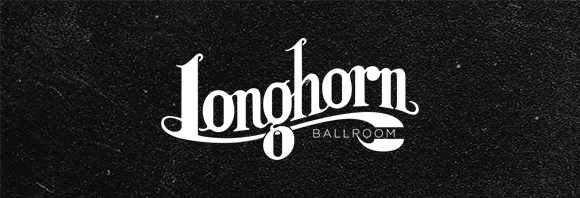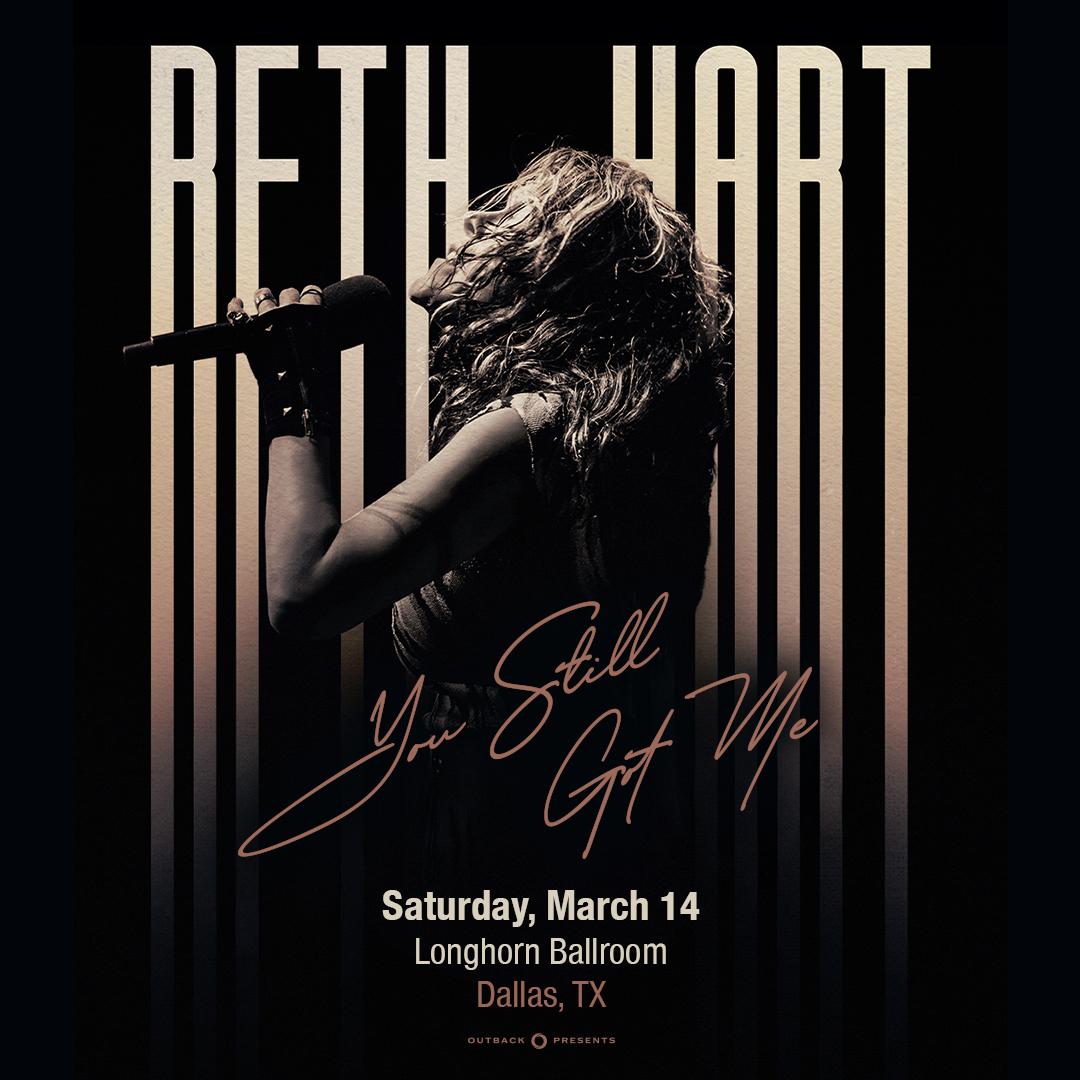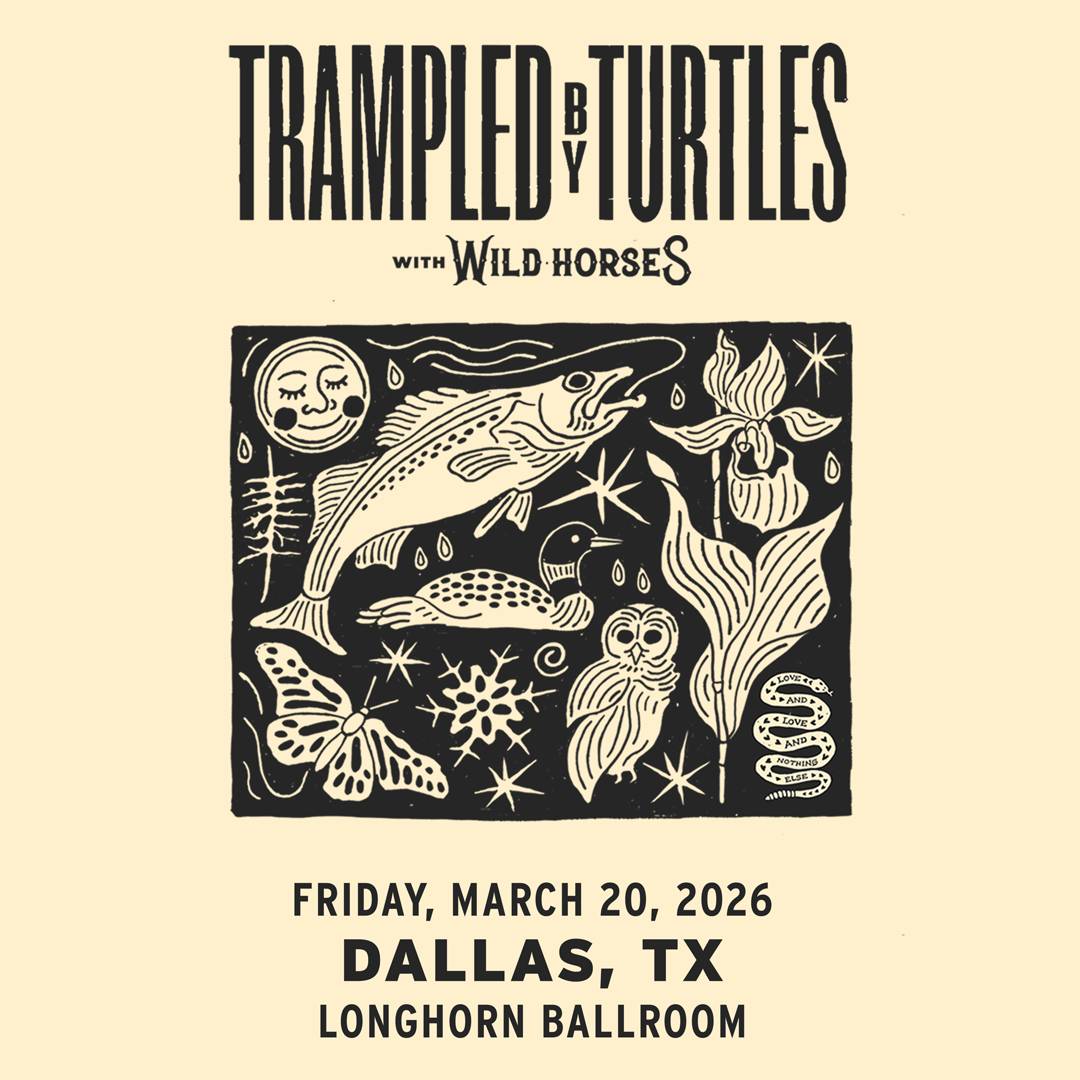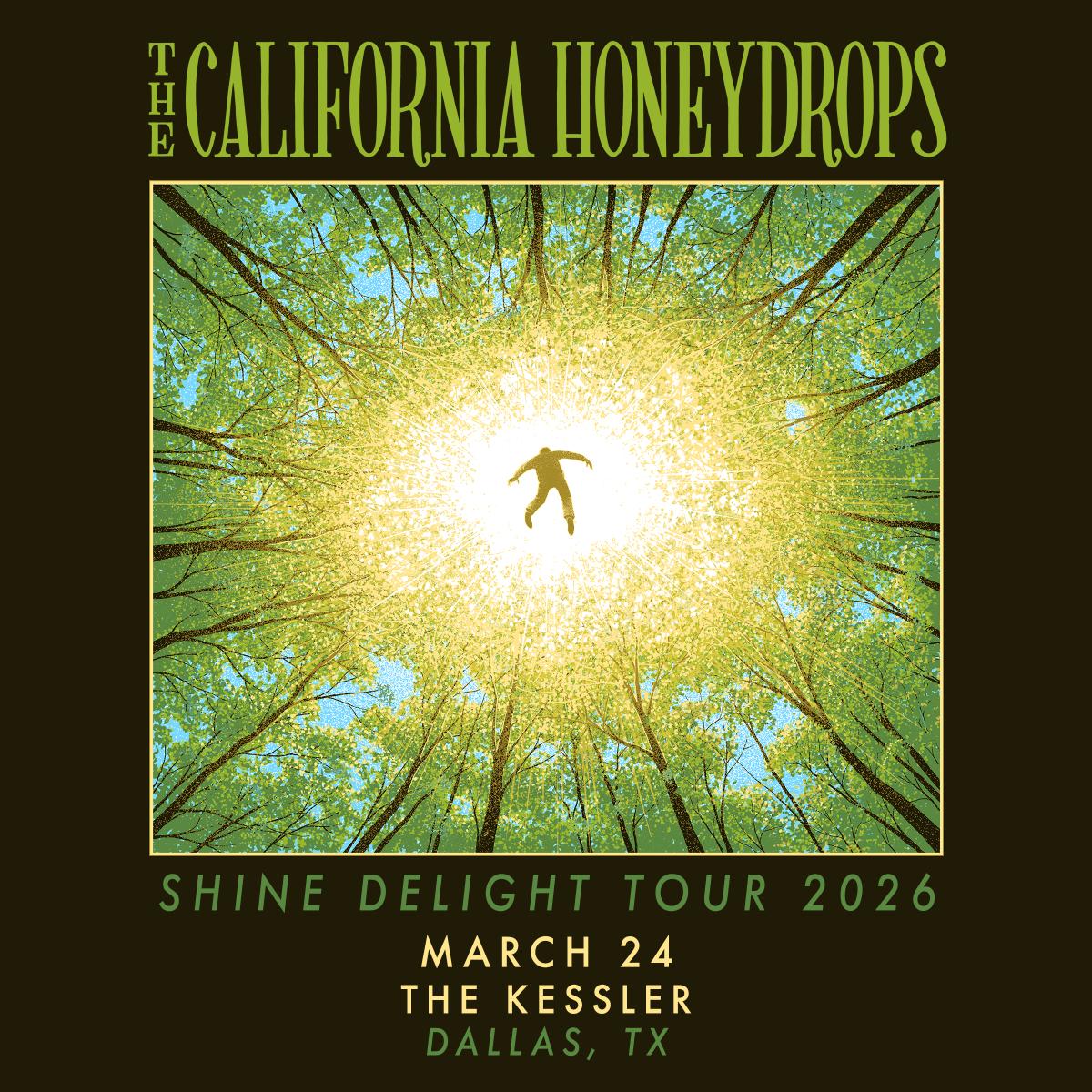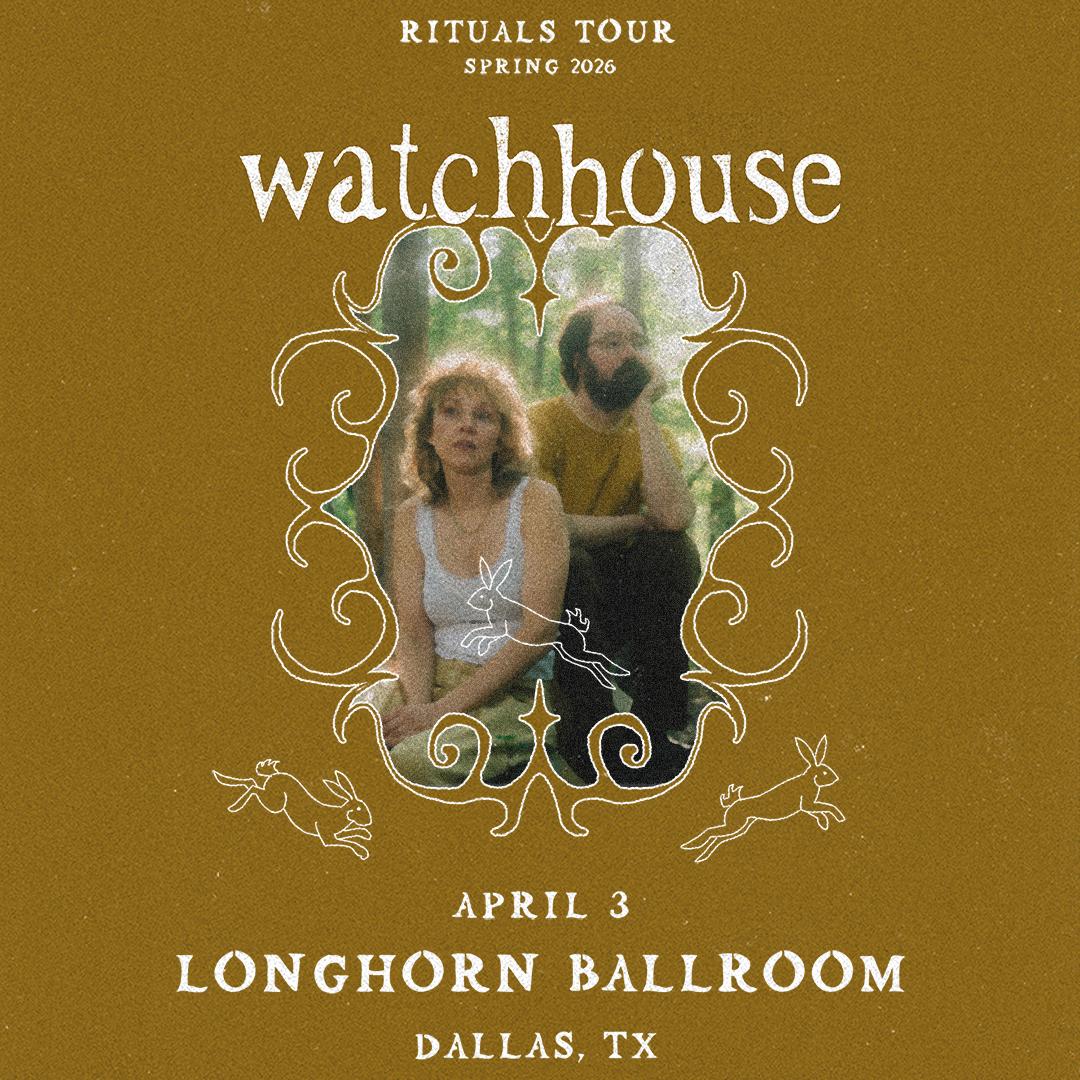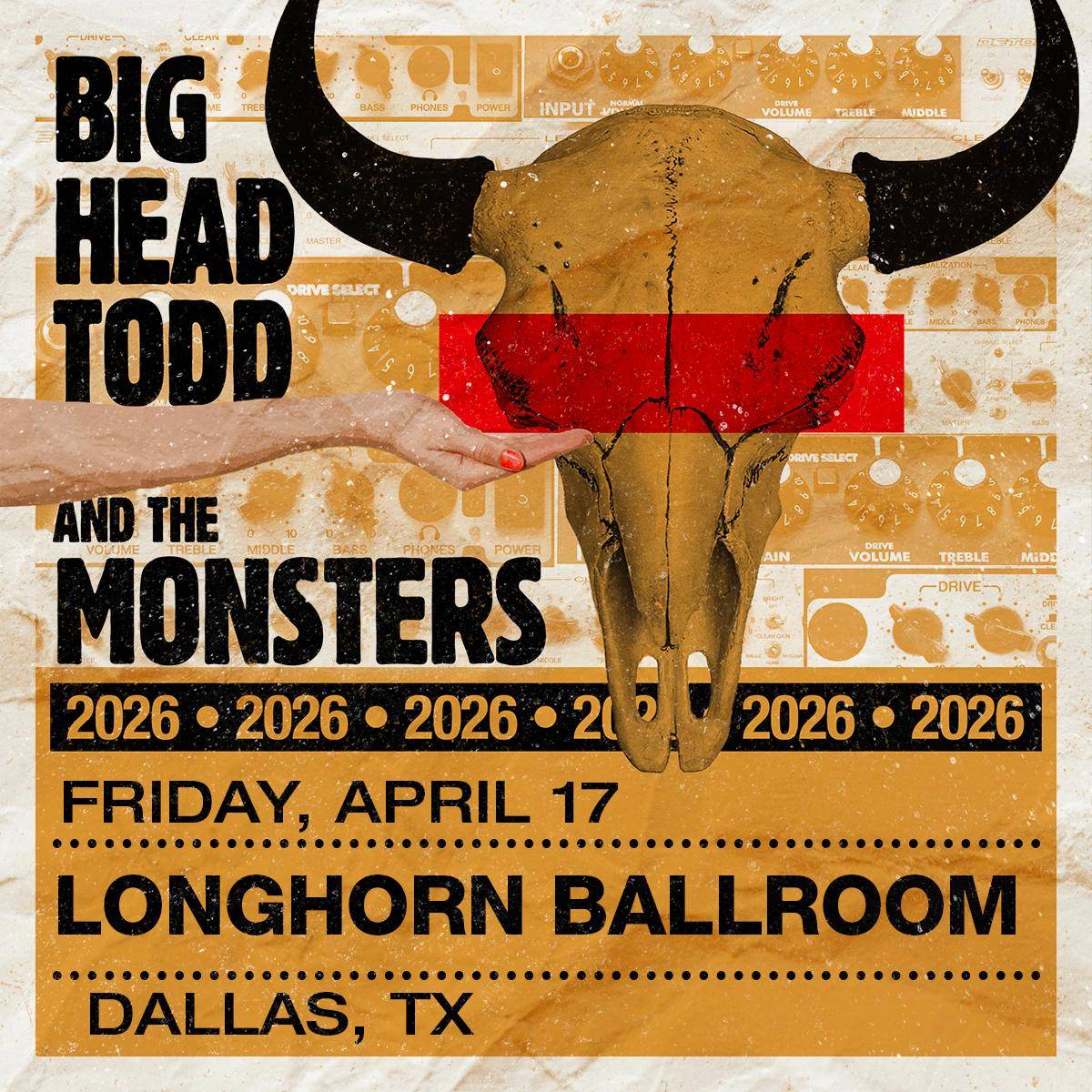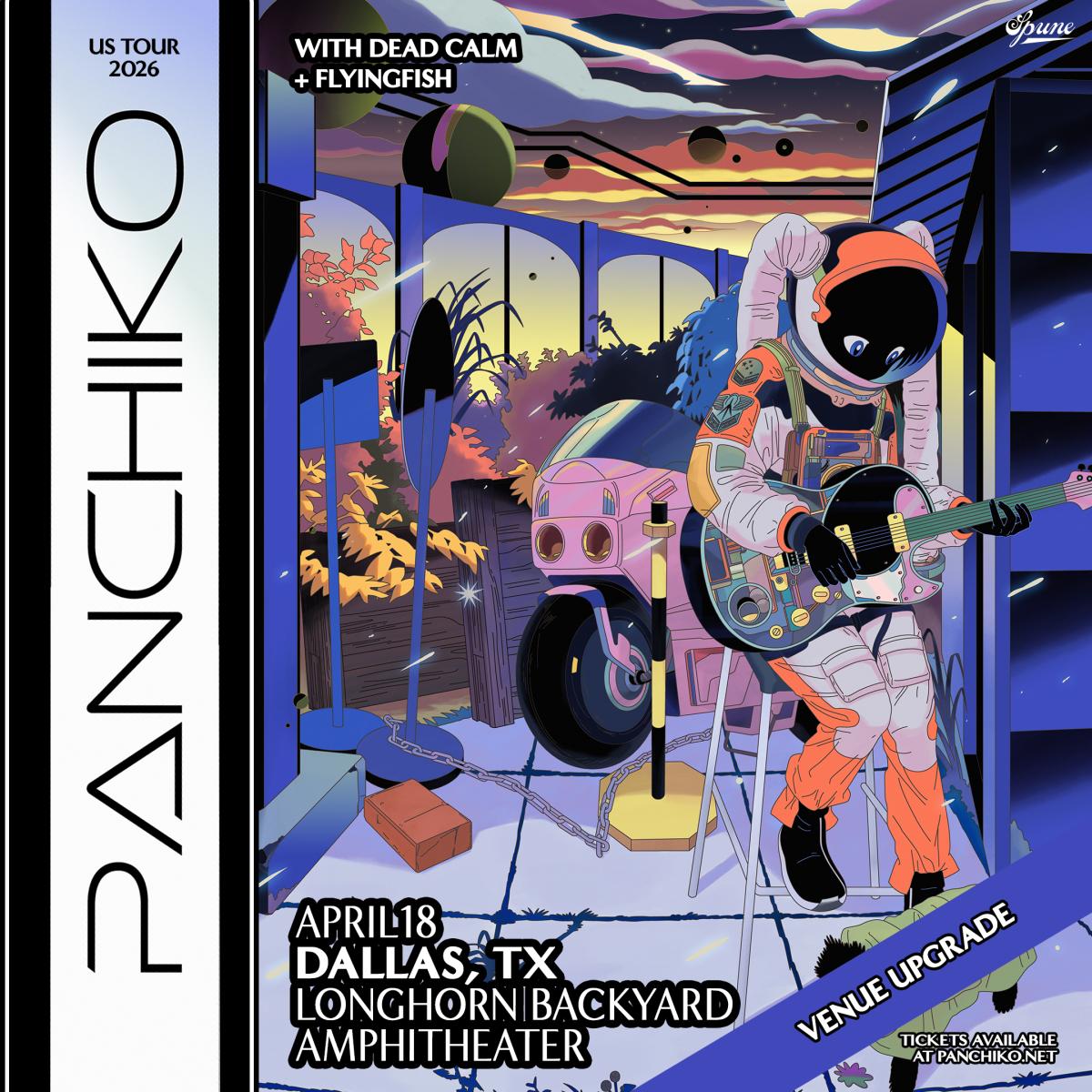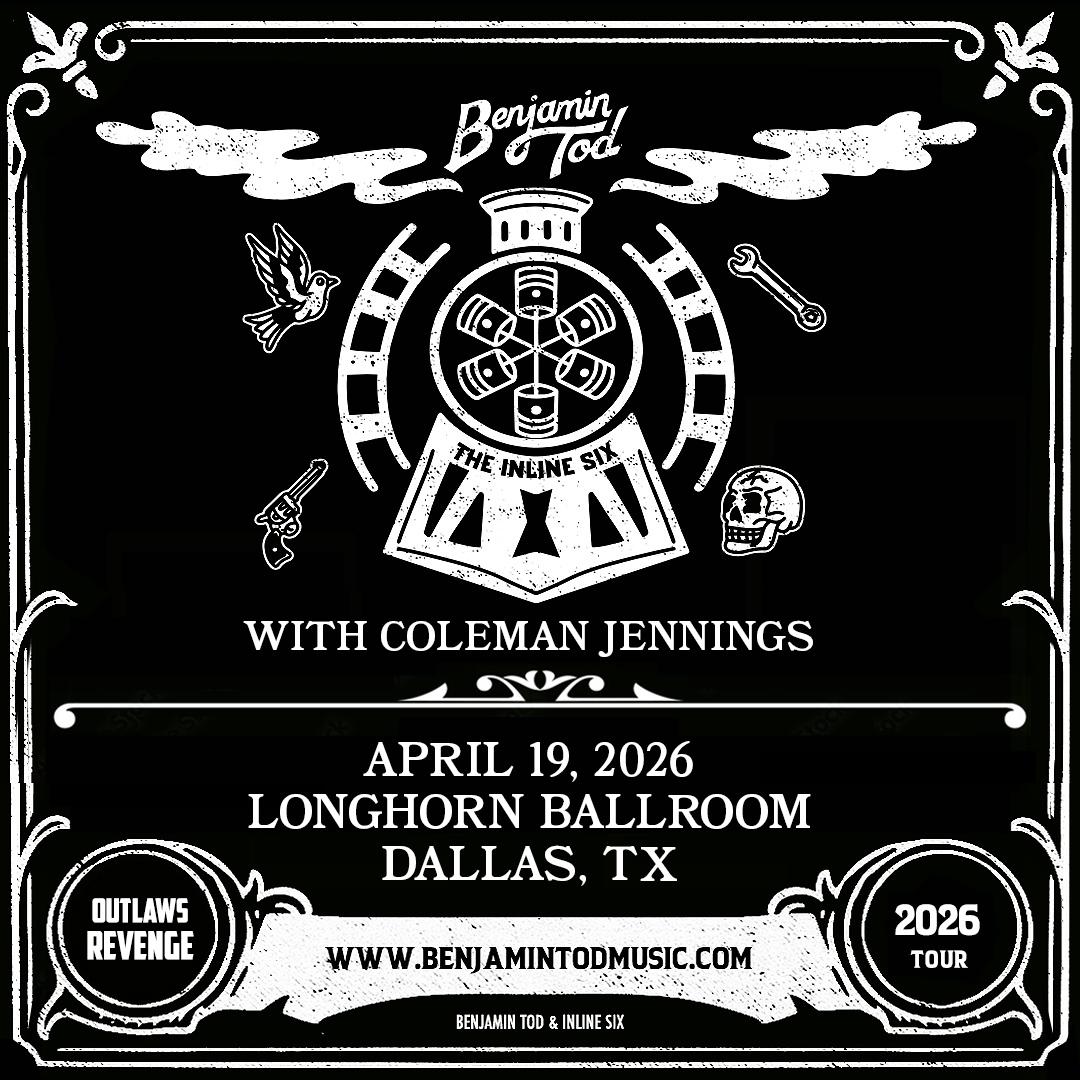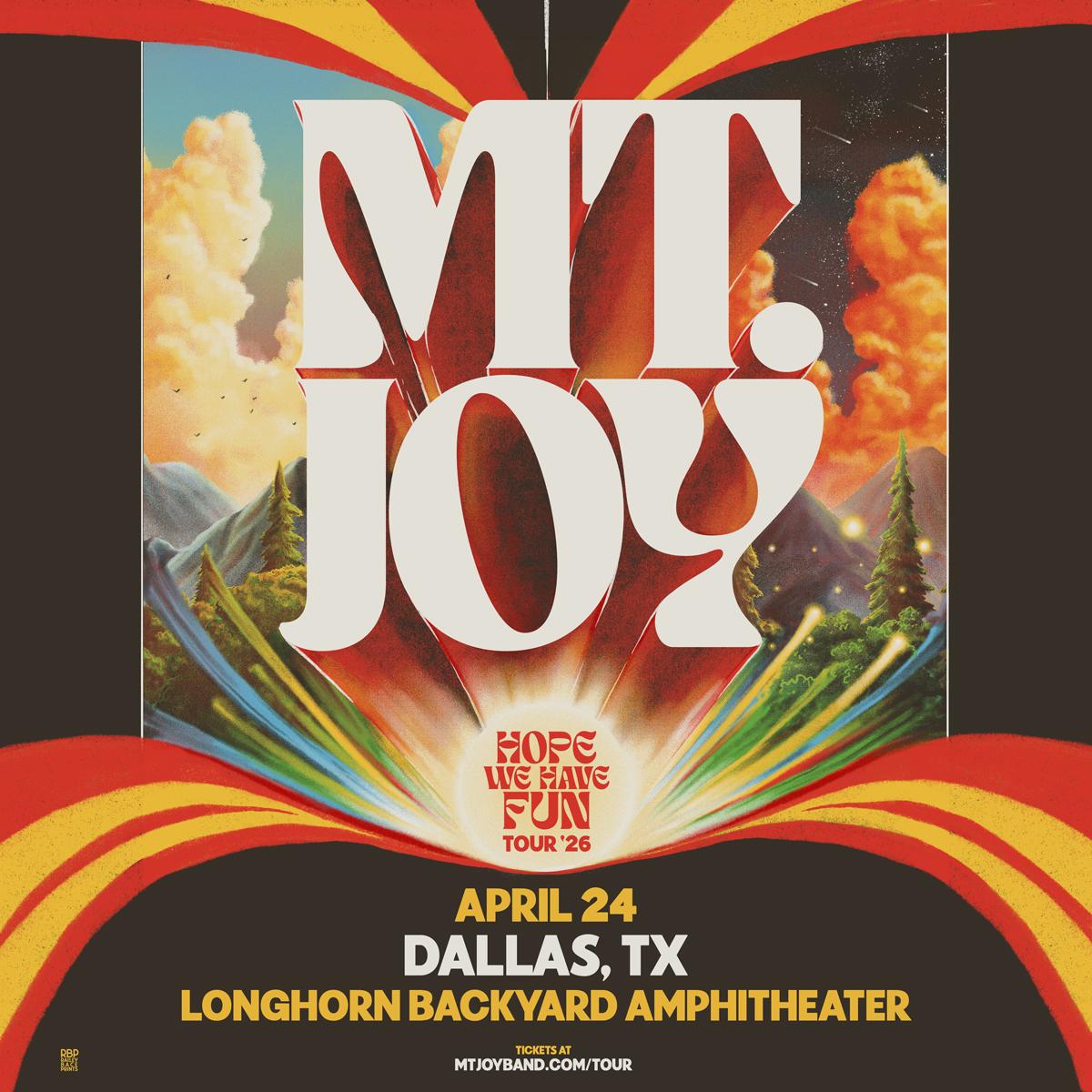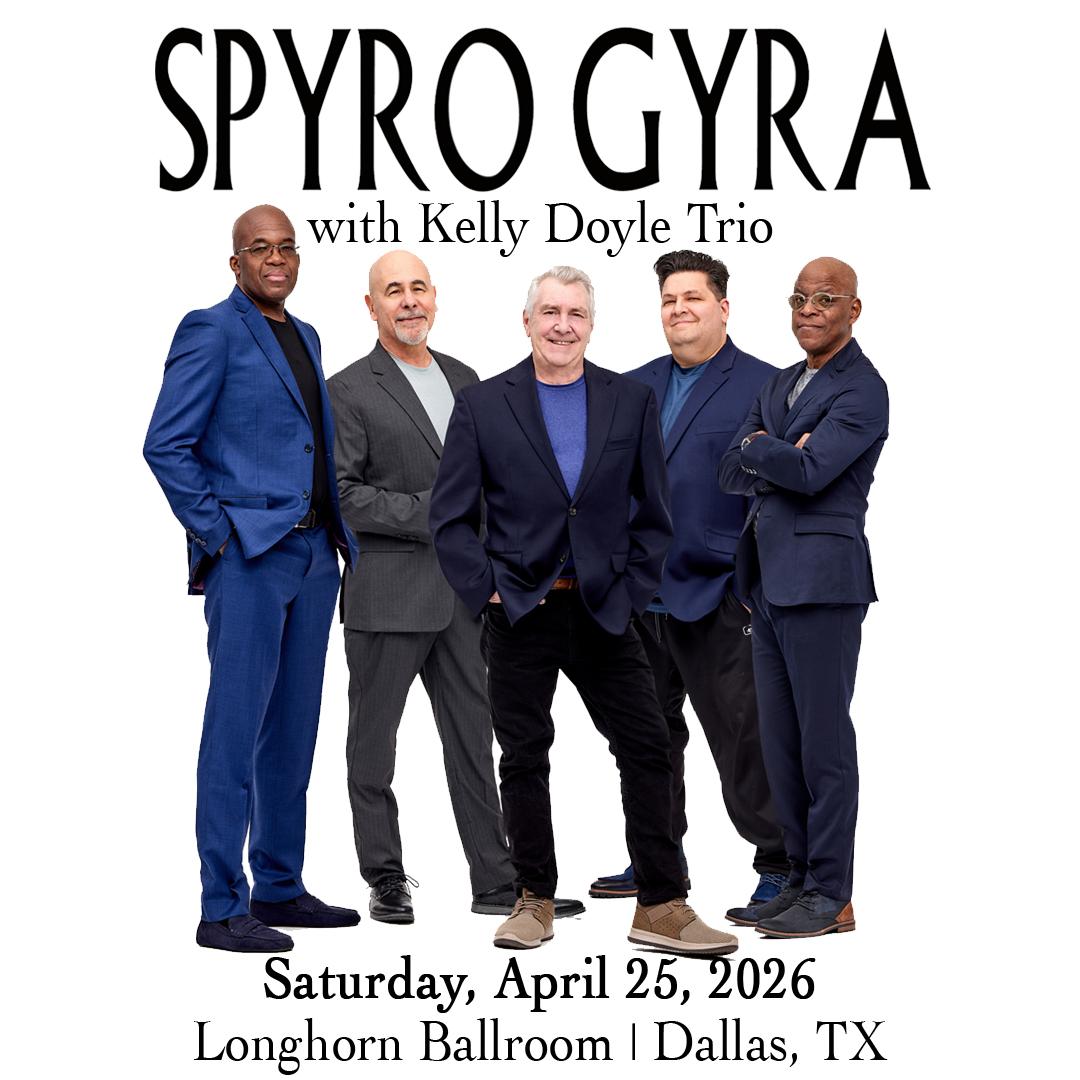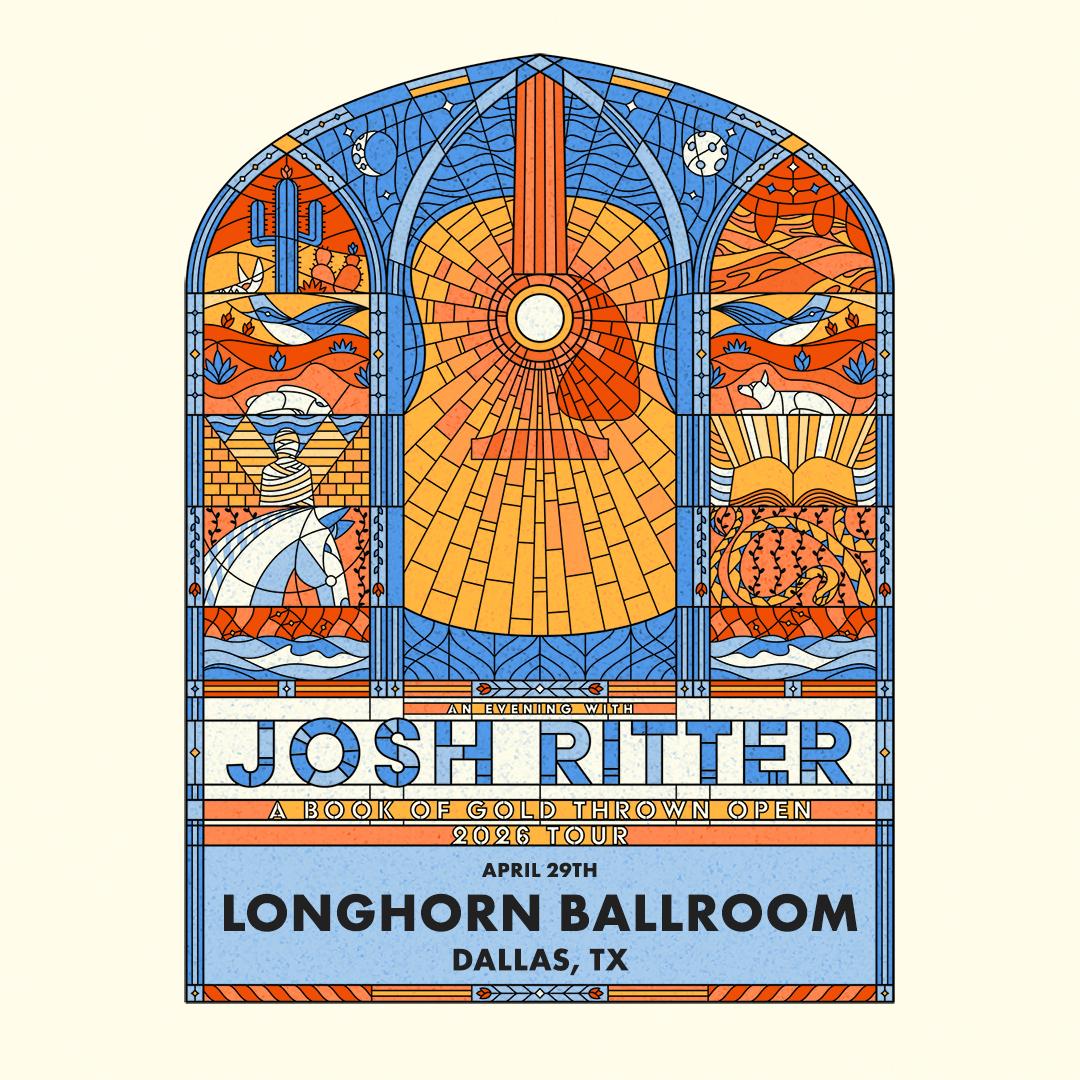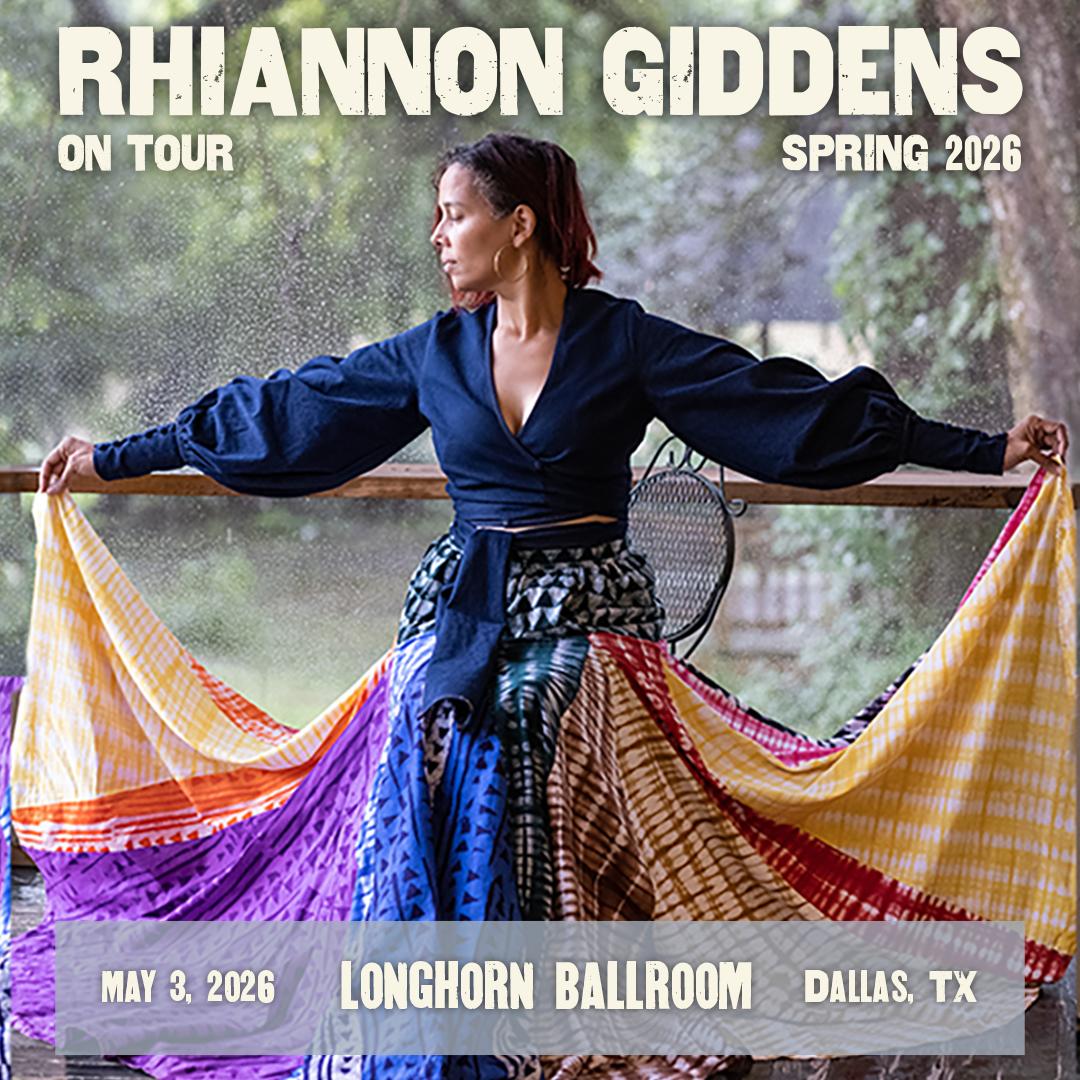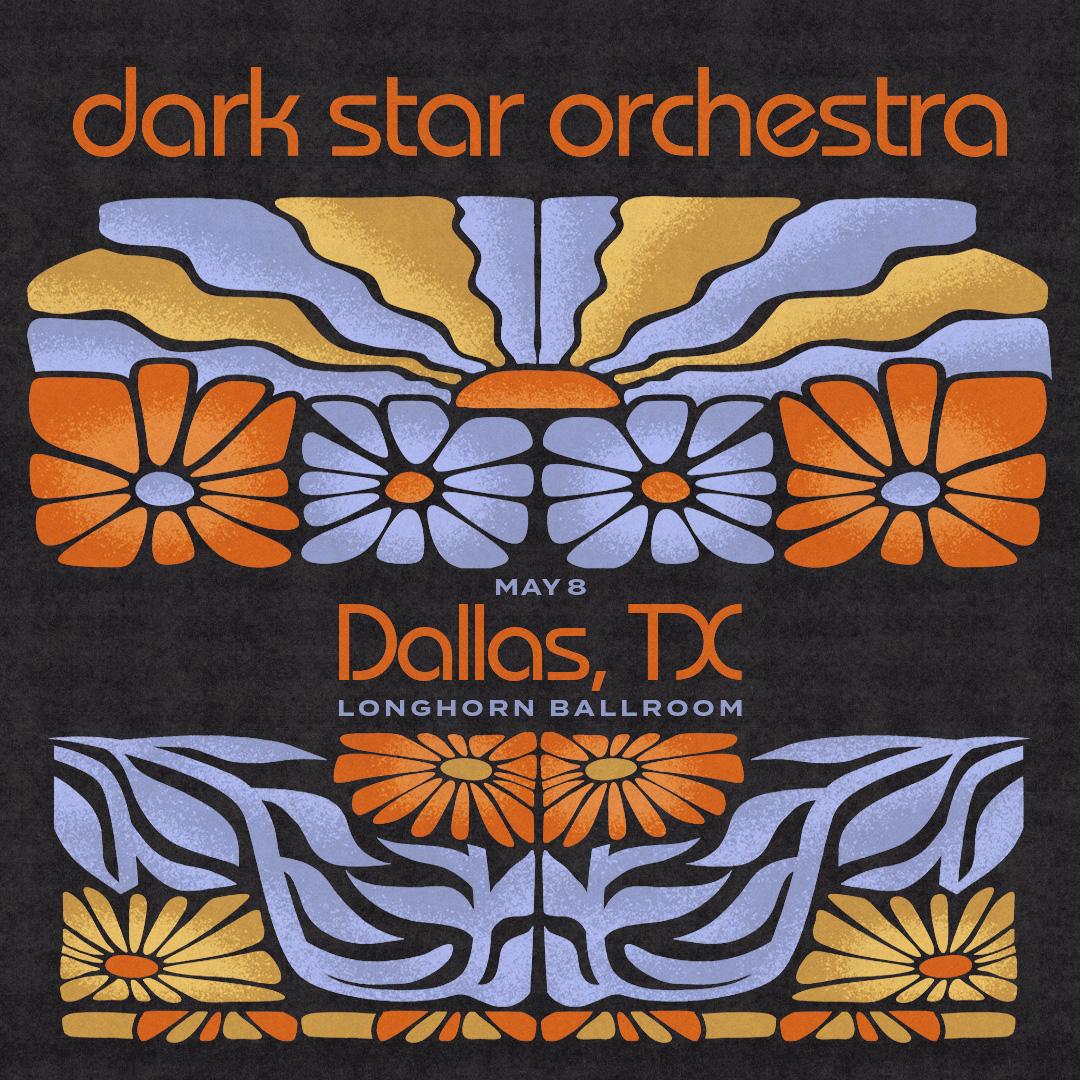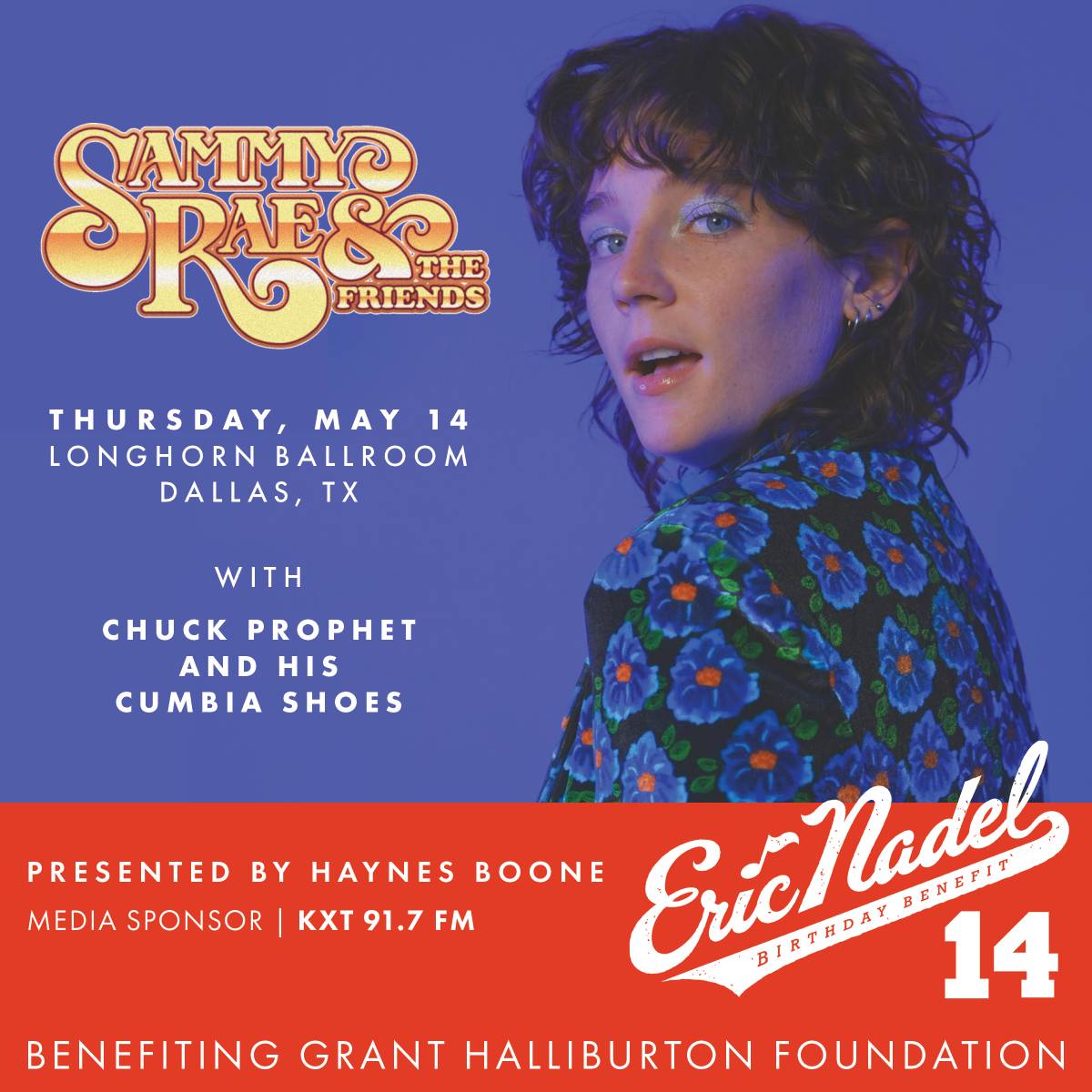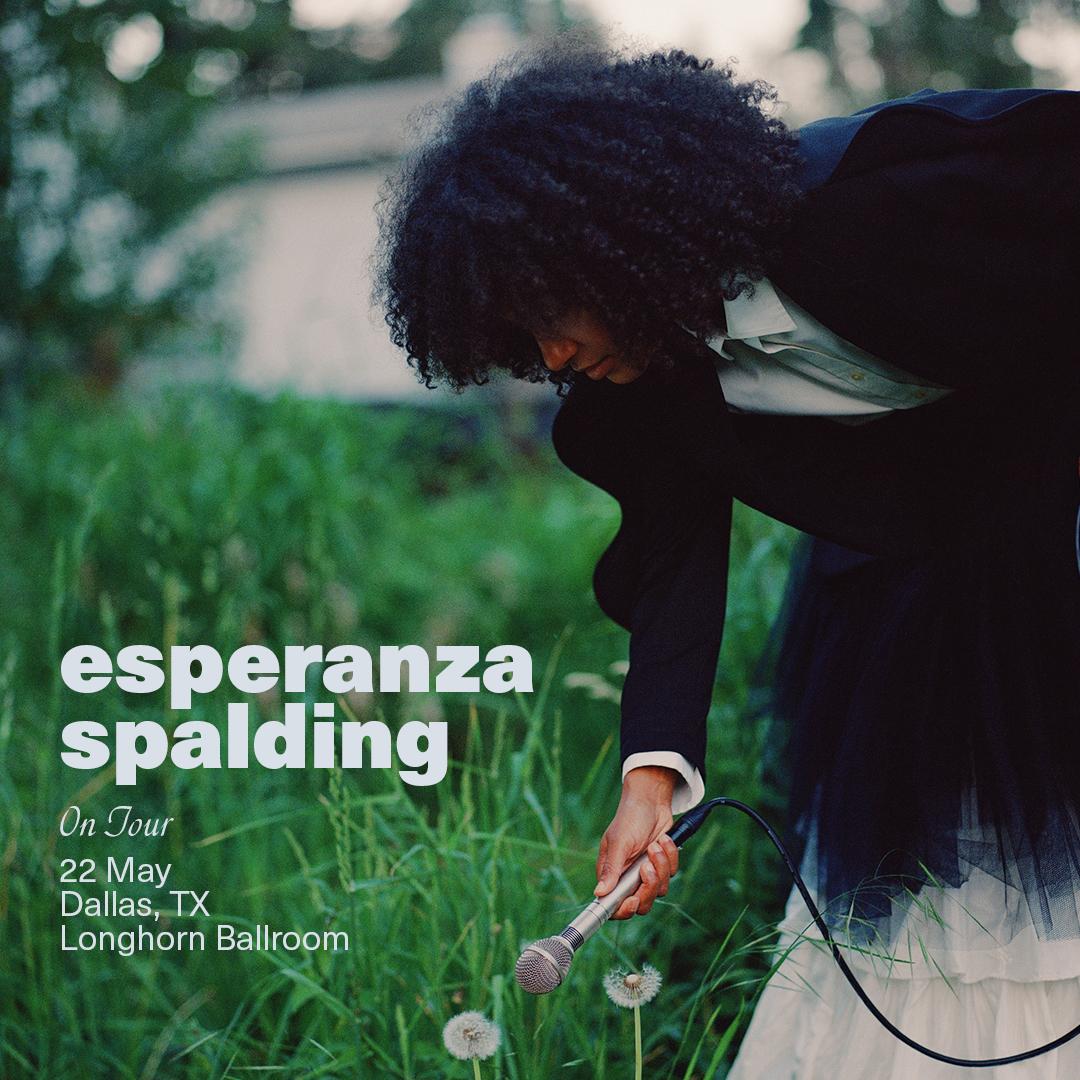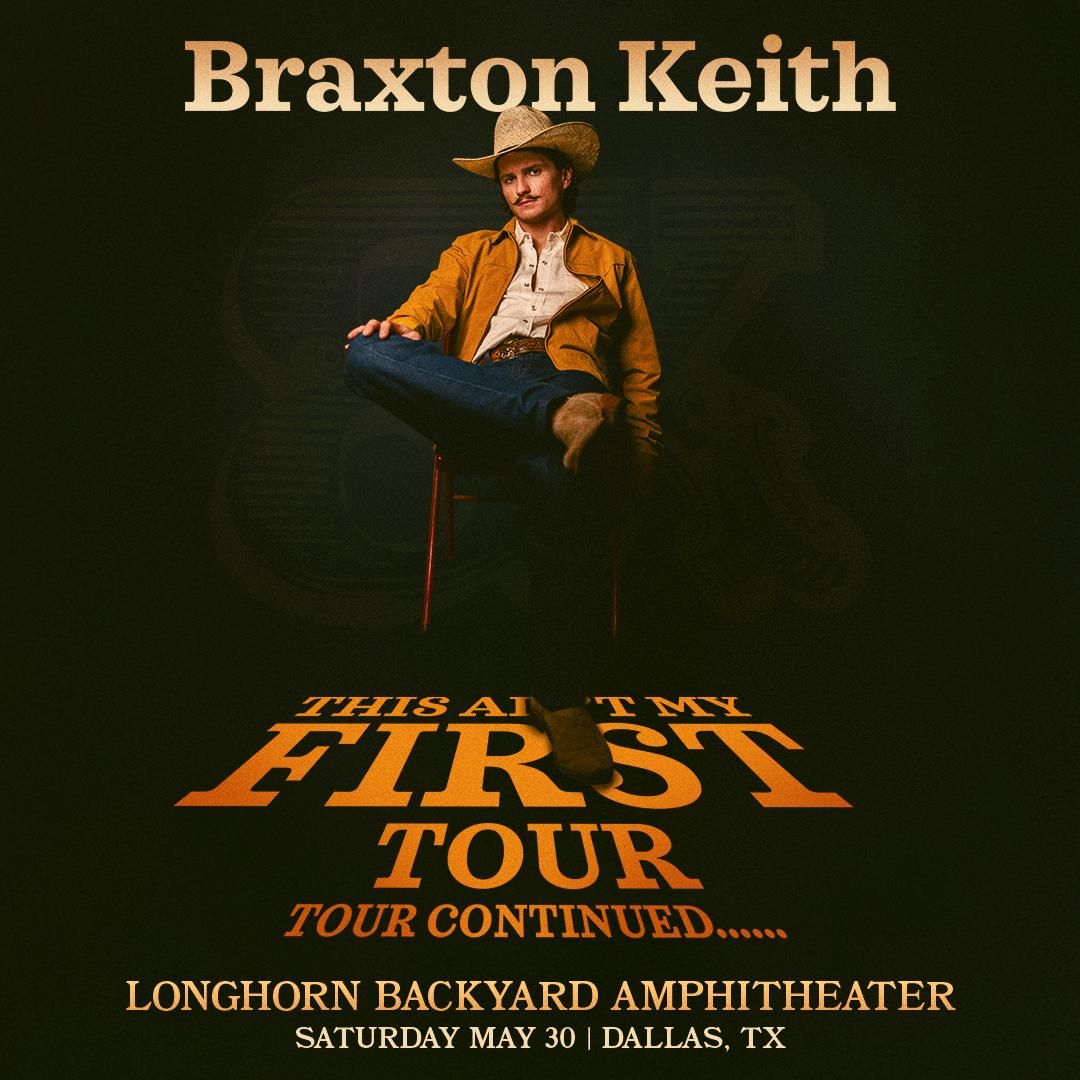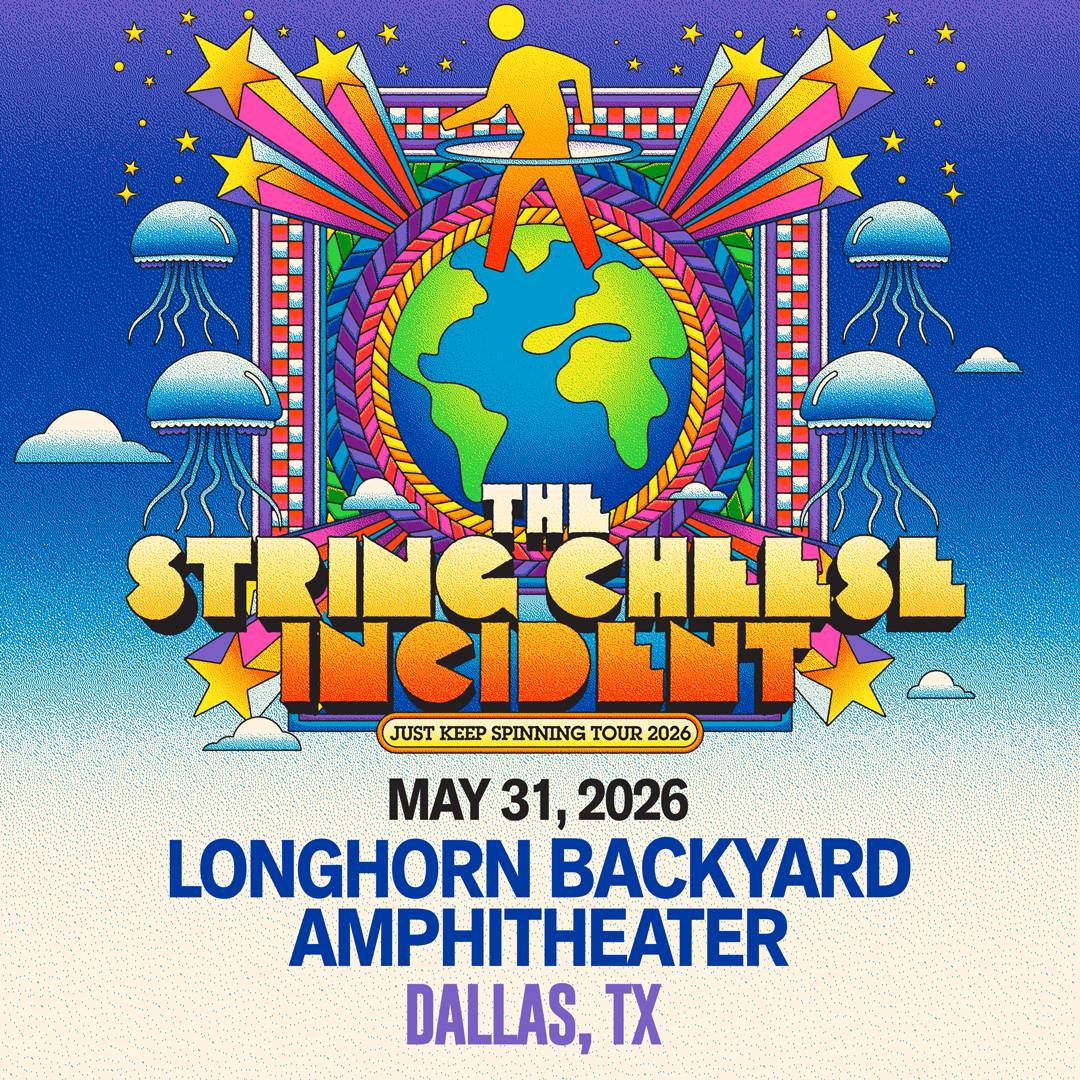There are no upcoming events in this category
Sunday
March 8
Doors 6:00pm, Start 7:00pm
The Kessler
-
Dallas, TX
Thursday
March 19
Doors 6:30pm, Start 8:00pm
Longhorn Ballroom
-
Dallas, TX
Friday
March 20
Doors 6:30pm, Start 7:30pm
Longhorn Ballroom
-
Dallas, TX
Saturday
March 21
Doors 6:30pm, Start 8:00pm
Longhorn Ballroom
-
Dallas, TX
Tuesday
March 24
Doors 7:00pm, Start 8:00pm
The Kessler
-
Dallas, TX
Sold Out
Friday
March 27
Doors 6:30pm, Start 8:00pm
Longhorn Ballroom
-
Dallas, TX
Saturday
March 28
Doors 6:30pm, Start 8:00pm
Longhorn Backyard Amphitheater
-
Dallas, TX
Friday
April 3
Doors 6:30pm, Start 8:00pm
Longhorn Ballroom
-
Dallas, TX
Friday
April 17
Doors 6:30pm, Start 8:00pm
Longhorn Ballroom
-
Dallas, TX
Saturday
April 18
Doors 6:00pm, Start 7:30pm
Longhorn Backyard Amphitheater
-
Dallas, TX
Sunday
April 19
Doors 6:30pm, Start 8:00pm
Longhorn Ballroom
-
Dallas, TX
Friday
April 24
Doors 6:30pm, Start 8:00pm
Longhorn Backyard Amphitheater
-
Dallas, TX
Saturday
April 25
Doors 6:30pm, Start 8:00pm
Longhorn Ballroom
-
Dallas, TX
Wednesday
April 29
Doors 6:30pm, Start 8:00pm
Longhorn Ballroom
-
Dallas, TX
Saturday
May 2
Doors 5:00pm, Start 6:30pm
Longhorn Backyard Amphitheater
-
Dallas, TX
Thursday
May 14
Doors 6:30pm, Start 7:30pm
Longhorn Ballroom
-
Dallas, TX
Sold Out
Monday
May 18
Doors 6:30pm, Start 8:00pm
Longhorn Ballroom
-
Dallas, TX
Saturday
May 30
Doors 6:30pm, Start 8:00pm
Longhorn Backyard Amphitheater
-
Dallas, TX
Sunday
May 31
Doors 3:00pm, Start 4:15pm
Longhorn Backyard Amphitheater
-
Dallas, TX
Friday
September 11
Doors 6:30pm, Start 8:00pm
Longhorn Ballroom
-
Dallas, TX
